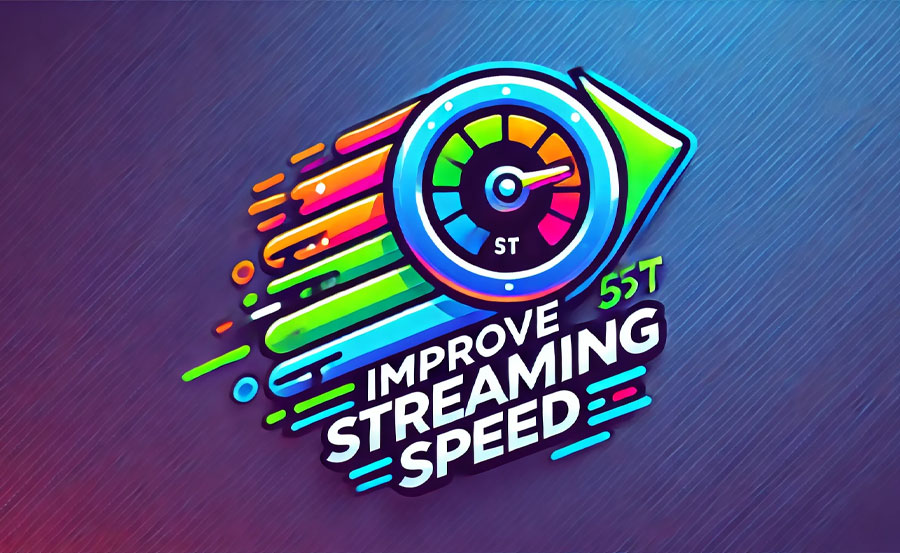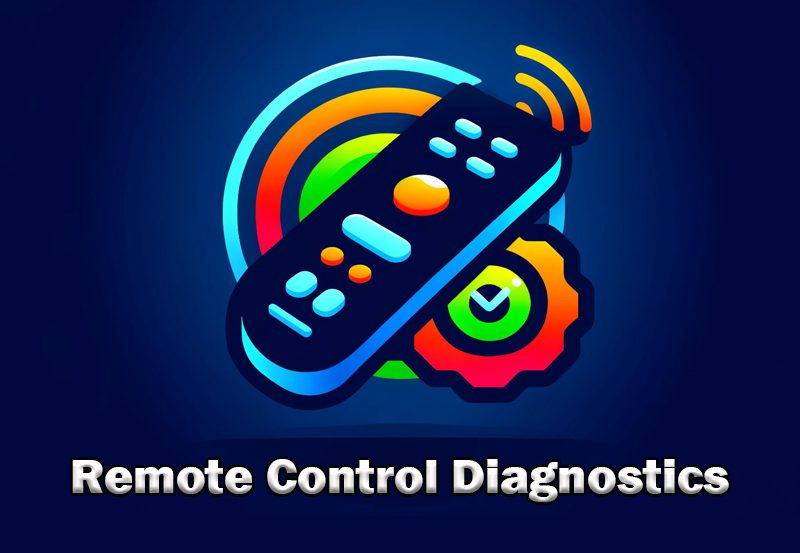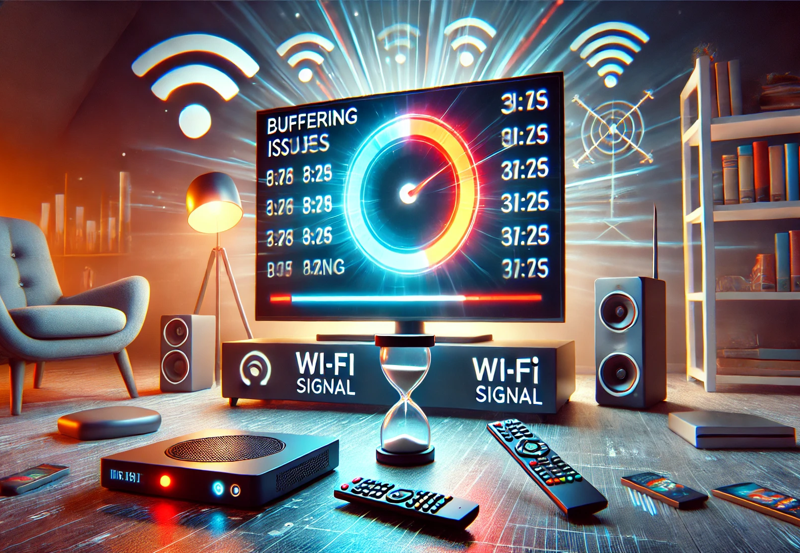The convenience of IPTV allows viewers to access a vast array of content at their fingertips, from live TV channels to on-demand shows and movies. However, nothing can be more frustrating than slow channel loading times, which can significantly affect the viewing experience. Fortunately, there are several methods to address these issues and restore smooth, uninterrupted streaming. In this guide, we’ll walk you through the main reasons for slow IPTV channel loading and provide effective solutions to help you enjoy seamless entertainment.
Buy 1 Month IPTV Plan – Get Started Today
1. Check Your Internet Speed and Stability
The first thing to do when you experience slow IPTV channel loading times is to assess your internet connection. IPTV relies heavily on a stable and fast internet connection, and if your speed is insufficient or inconsistent, channels may take a long time to load or buffer constantly.
- Perform a Speed Test: Use an online speed test to measure your current download speed. For standard definition streaming, you should have at least 10 Mbps, while high-definition content requires 25 Mbps or more.
- Upgrade Your Internet Plan: If your current internet plan does not provide enough bandwidth for multiple devices, consider upgrading to a plan with higher speeds to accommodate your streaming needs.
- Switch to a Wired Connection: Wi-Fi can be unreliable, especially if there are walls or other obstructions between your router and IPTV device. Using an Ethernet cable to connect directly to your router will provide a more stable and faster connection.
2. Reduce Network Congestion
Network congestion is a common reason for slow channel loading. If multiple devices are using the internet simultaneously—such as computers, smartphones, or other streaming devices—this can reduce the available bandwidth for your IPTV service.
- Limit Background Activities: Ensure that other devices are not using up bandwidth by streaming videos, downloading large files, or engaging in other high-bandwidth activities while you’re using IPTV.
- Use Quality of Service (QoS) Settings: Some modern routers come with QoS settings that allow you to prioritize certain devices or types of traffic. Setting your IPTV device as a priority can help ensure it gets the bandwidth it needs for smooth performance.
3. Restart Your Router and IPTV Device
Restarting your devices can often resolve connectivity issues and improve channel loading times. Power cycle your router by turning it off, waiting for about 10 seconds, and then turning it back on. Do the same with your IPTV set-top box or streaming device. Restarting these devices can clear minor software glitches and re-establish a fresh connection to your IPTV service.
4. Optimize Your IPTV App Settings
The settings within your IPTV app can also have an impact on channel loading times. Adjusting a few key settings can improve performance:
- Buffer Size: Increasing the buffer size can help with channel loading, but it may also introduce a slight delay before playback starts. Experiment with different buffer sizes to find the optimal balance for your connection.
- Lower Video Resolution: If your connection is struggling, lowering the video resolution can reduce the required bandwidth and lead to faster channel loading times. Try switching from 1080p to 720p or even 480p.
- Change Streaming Protocol: Many IPTV apps allow you to switch between different streaming protocols, such as UDP and HTTP. If one protocol is causing slow loading times, try switching to another to see if performance improves.EPG in Enhancing IPTV Smarter Experience
5. Update Firmware and Software
Outdated firmware on your router, IPTV set-top box, or even the IPTV app itself can lead to performance issues, including slow channel loading. Make sure all your devices are running the latest firmware and software updates:
- Router Firmware: Log in to your router’s settings to check for firmware updates, as these updates often include performance improvements and bug fixes.
- IPTV App and Device: Go to the settings of your IPTV app or set-top box to see if there are any available updates. Updating to the latest version can resolve bugs that may be causing slow performance.
6. Use a VPN (Virtual Private Network)
In some cases, your Internet Service Provider (ISP) may throttle streaming services, leading to slow IPTV channel loading times. A VPN can help bypass these restrictions by encrypting your data and masking your online activity. When choosing a VPN, make sure it has fast servers and is compatible with your IPTV device to avoid adding any additional lag.
7. Minimize Wi-Fi Interference
If you’re using Wi-Fi to connect your IPTV device, minimizing interference can improve loading times:
- Reposition Your Router: Place your router in a central location and as close as possible to your IPTV device to ensure a strong signal.
- Switch to the 5 GHz Band: If your router supports dual-band Wi-Fi, switch to the 5 GHz band for faster speeds and less interference compared to the 2.4 GHz band.
- Reduce Obstacles: Keep your router away from physical obstructions such as walls, metal surfaces, and other electronic devices that could interfere with the signal.
8. Test Your IPTV Service Provider’s Performance
Sometimes, the problem might not be on your end but with your IPTV service provider. Slow channel loading can result from overloaded servers or technical issues on the provider’s side.
- Test Multiple Channels: If only certain channels are slow to load, it might be an issue with those specific streams. In this case, contact your provider to report the issue.
- Try at Different Times: If channel loading is consistently slow during peak hours, it could indicate server overload. Consider watching during non-peak hours or contacting your provider for a solution.
Conclusion
Slow IPTV channel loading times can be a nuisance, but by following these troubleshooting steps, you can identify and resolve the issues causing the delays. From checking your internet connection and reducing network congestion to optimizing device settings and keeping your software updated, there are several ways to ensure smooth, fast channel loading for your IPTV service. A stable connection, efficient settings, and a reliable provider are key factors in enjoying a seamless IPTV experience. By implementing these solutions, you can get back to enjoying your favorite content without the wait.
Audio Not Working on IPTV? A Guide to Fix Sound Issues





